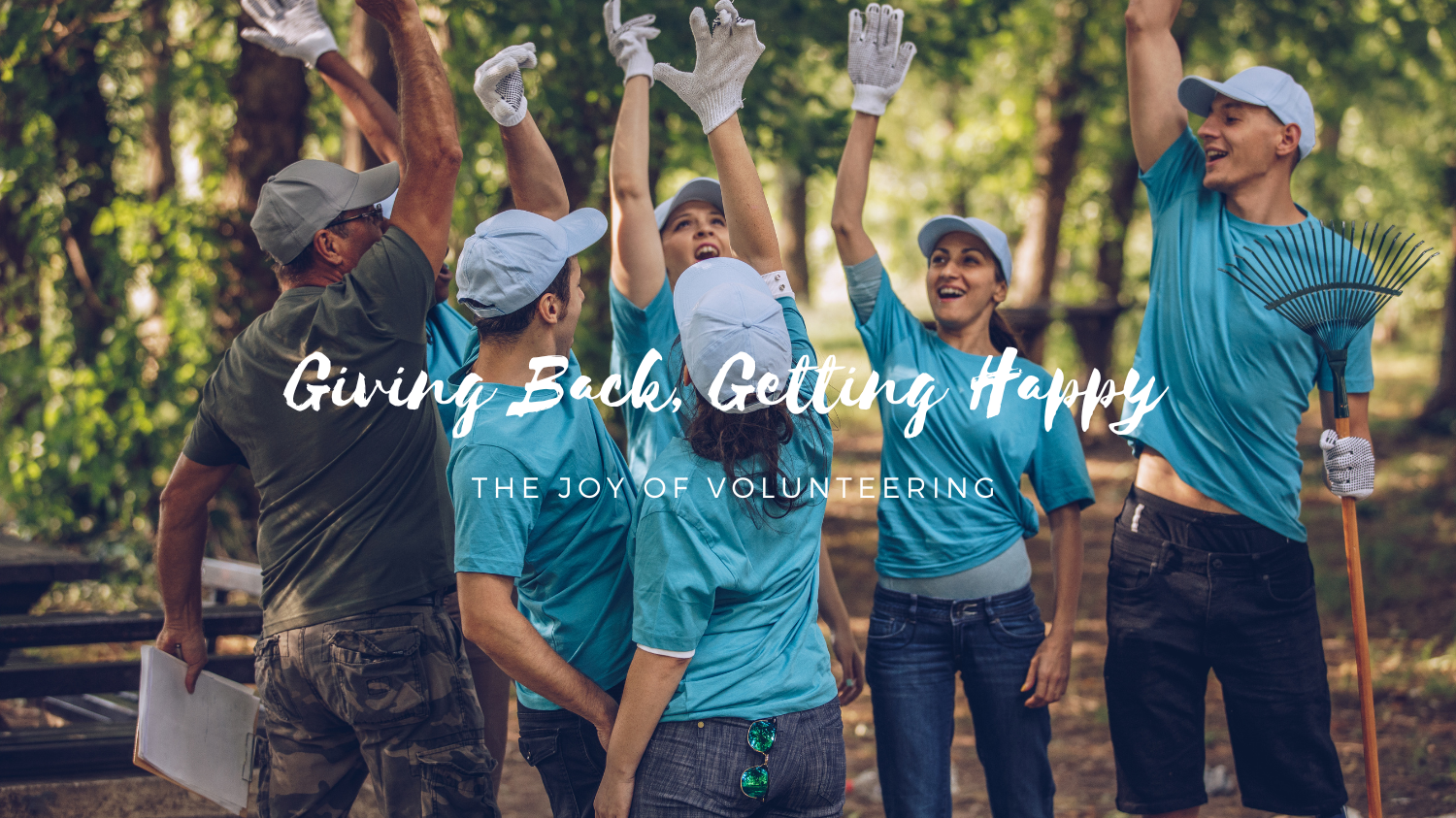In our bustling world, stress and worries have become constant companions. The weight of responsibilities, the pressure to succeed, and the challenges of everyday life can mentally and physically drain us. Fortunately, there is a powerful tool that can provide solace, bring joy, and uplift our spirits: music. In this article, we will delve into the enchanting world of music and explore how it can remarkably dance away our worries and elevate our moods. So, please wear your dancing shoes and join us on this rhythmic journey!
The Therapeutic Effects of Music
Music has been used as therapy for centuries, and its healing power is truly remarkable. From ancient civilizations to modern times, music has been recognized as a potent tool for relieving stress, anxiety, and depression. Numerous studies have shown that music directly impacts our brains and can stimulate the release of endorphins, which are natural mood boosters.
Listening to music activates various regions in our brain, including the limbic system, which is responsible for emotions. This activation triggers a cascade of chemical reactions, releasing dopamine, the "feel-good" neurotransmitter. As a result, music can instantly uplift our mood, reduce stress levels, and provide a much-needed escape from the pressures of everyday life.
The Rhythm of Life: Dance and Music
One of the most powerful ways to experience music is through dance. Dance has been an integral part of human culture since time immemorial. It is a universal language that transcends barriers and connects people profoundly and emotionally. When we dance to music, we become one with the rhythm, allowing our bodies to express what words cannot.
Dance is not only a form of artistic expression; it is also a physical activity that promotes overall well-being. It improves cardiovascular health, boosts endurance, and enhances flexibility. Additionally, dancing releases endorphins, making it an excellent stress reliever. So, the next time you feel overwhelmed, put on your favorite tunes and let your body sway to the rhythm. You'll be surprised how much lighter you'll feel!
The Power of Lyrics: Music's Message
While the melody and rhythm of music profoundly impact our emotions, the lyrics also play a significant role. Songs can convey powerful messages, tell stories, and evoke feelings. They can resonate with our own experiences and provide comfort during difficult times.
We feel understood and validated when we listen to lyrics that reflect our feelings or experiences. This connection can be incredibly empowering and help us navigate challenging situations. Music's lyrics can be the guiding light that helps us find solace and strength, whether it's a heartbreak, a loss, or a moment of triumph.
Music as a Social Connector
Music has a unique ability to bring people together. It fosters community and allows individuals from different backgrounds to connect and bond. Whether it's at a concert, a dance class, or a simple gathering with friends, music creates a shared experience that transcends language and cultural barriers.
In today's digital age, music streaming platforms and social media have made it even easier for people to discover and share music. These platforms have become virtual communities where music lovers can connect, discuss, and discover new artists and genres. The power of music to unite people is genuinely extraordinary and is a testament to its universal appeal.
Frequently Asked Questions (FAQ)
Can music help reduce stress and anxiety?
Yes, music has been scientifically proven to impact our mental well-being positively. Listening to music can help reduce stress levels, lower anxiety, and promote relaxation.
Is dancing a good form of exercise?
Absolutely! Dancing is a fantastic exercise that improves physical fitness and mental well-being. It boosts cardiovascular health, increases flexibility, and releases endorphins, making it a great stress reliever.
How can I incorporate music into my daily routine?
There are various ways to incorporate music into your daily routine. You can listen to music while getting ready in the morning, during your commute, or while doing household chores. You can also create personalized playlists for different moods and activities.
Can music help improve productivity?
Yes, music can enhance productivity by creating a positive and stimulating environment. However, the best music type can vary from person to person. Experiment with different genres and see what helps you focus and stay motivated.
Are there specific genres of music that are more uplifting and energizing?
While musical preferences are subjective, specific genres are known for their uplifting and energizing qualities. These include pop, dance, rock, and upbeat electronic music. However, it ultimately depends on your taste and what resonates with you.
Conclusion
Music is a powerful force that can heal, uplift, and connect us. Its therapeutic effects on our mental and emotional well-being are undeniable. Music can transport us to a place of joy and freedom, whether through dancing, listening to lyrics that touch our souls, or simply immersing ourselves in the melodies.
Incorporating music into our daily lives can bring about profound positive changes. So, don't hesitate to turn up the volume, let go of your worries, and let the music guide you on a journey of self-discovery and healing. Dance your fears away, embrace the power of music, and let it be the soundtrack of your life.









